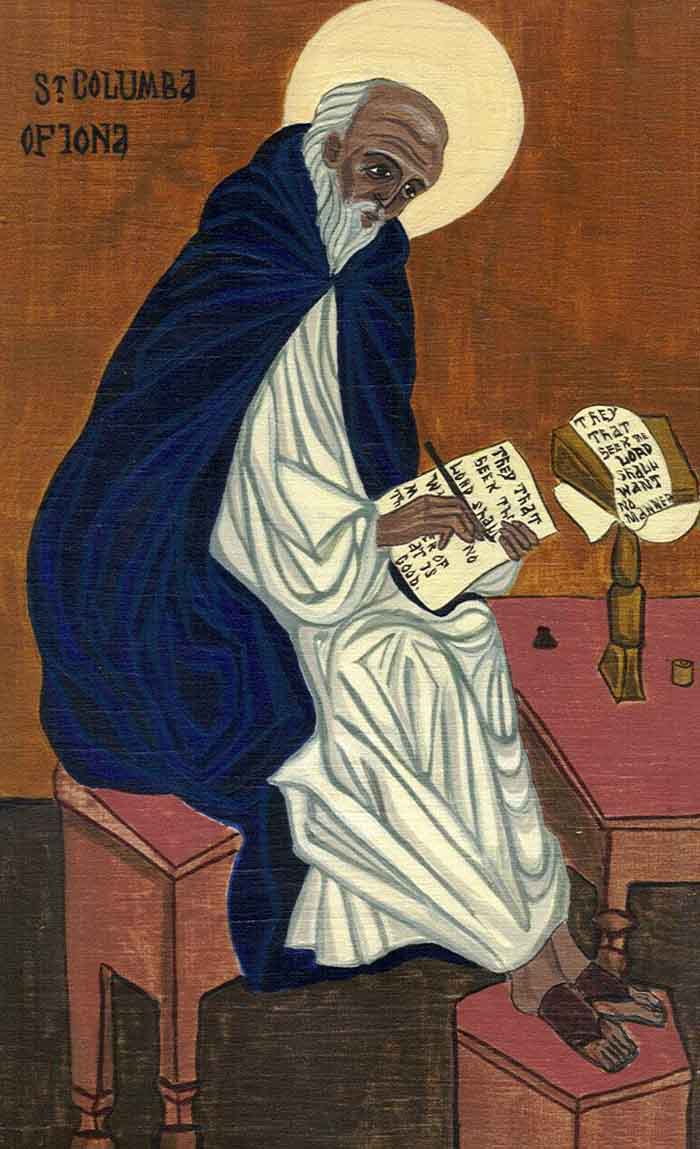In my email I have messages that describe the new Ordinariate rites as "a lazy effort" and "a mediocre result from the same infertile ground of the Church of England" and many far more colourful and indeed graphic. "If one can say "quick and the dead", one can 'suck it up' and say Holy Ghost." I also agree with several who observe that no church musician must have been involved with this effort. Yes, needed permissive rubrics are missing.
I also note outrage among many that the King James version of the 23rd Psalm has been eliminated from the Funeral Rite. The anglo-catholic doesn't worry about that because he is accustomed to doing whatever he wants. Having the Authorised Version of that Psalm was an act of genius in the 1979 Book of Common Prayer and the Book of Divine Worship and provided an element of ecumenical consideration for most Christians know the Psalm in that form regardless of the Church membership or denominational affiliation.
Most of you are not aware that the Authorised Version and the Great Bible have already been thrown under the bus according to English reports on the Ordinariate working group and that only texts from the RSV are to be used wherever Scripture is to be cited. What an unmitigated disaster! The consolation prize is the retention of the so-called Coverdale Psalter from the Great Bible.
What is wrong with this picture?
The Book of Divine Worship (Rite Two) has vanished -- an incredibly short-sighted decision driven by personal taste. Also, there is no evidence of consideration of those prayers and rites found in the Scottish Episcopal Church, the Anglican Church of South Africa, the Church of the Province of the West Indies, and the list goes on. And what of the texts as they stand in the first Book of Common Prayer. So, dear reader, one can say that it appears little effort was made to comprehend and embrace the Anglican liturgical tradition in these rites. On the contrary only a very narrowly focused attention was given to a small body of Anglican texts and then overlaid with an unfortunate veneer of the Ordinary Form of the Roman Missal.
There is no comprehension or embrace of the rites and traditions of Sarum or the ancient British documents we have regarding such things. Discontinuity reigns. There is no articulation of a vision of liturgical CONTINUITY from the Anglican Patrimonial liturgical heritage.
The rites themselves are a soft-boil version of what was served up in the 20th century: liturgical discontinuity. Yes, it looks "conservative" and sounds Anglican. But the new rites remain a form of liturgy in discontinuity with the broader Anglican experience as well as the vision cast by Pope Benedict XVI in Anglicanorum coetibus.
Most Anglicans today do not worship with traditional Anglican sacral English. Nothing is provided that recognises their experience, tradition, or needs. No Anglican person called to the Catholic Church should be told that they should go to the normative Ordinary Form Mass "if they want that sort of thing". And while some English anglo-catholics very inadvisedly jumped aboard the Roman Missal with its dreadful ICEL English translation early on, this is not Anglican tradition but rather disobedience of an English anglo-catholic sort.
As liturgical texts, these represent no serious work at all. I have now been told several times that because 'the English' like Series One Marriage, so the world shall have it. Et cetera. Certain 'new Catholics' do not like to say "Holy Ghost" so the offending words shall not be printed in the texts. Very shabby grounds for such decisions. Liturgical discontinuity is still on offer here though veiled in an Anglican-sounding form.
+
















